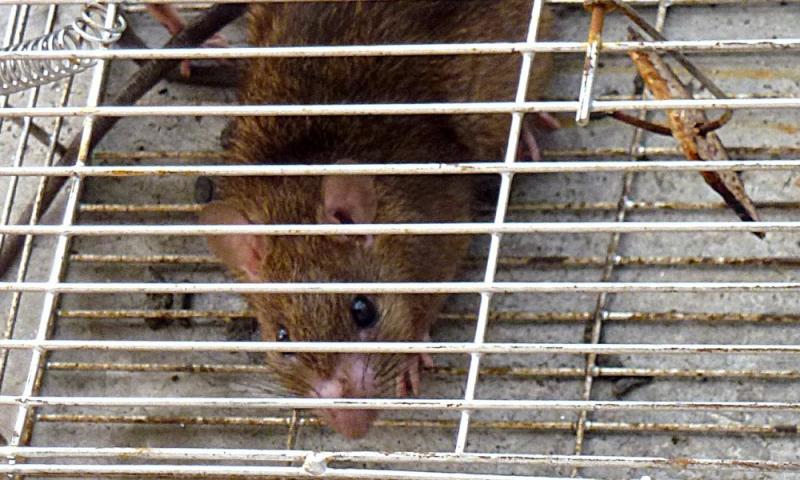LETTER | Ban the use of rat poison in the form of pellets
LETTER | The Consumers’ Association of Penang calls on the authorities to ban the use of rat poison in the form of pellets.
The call is made in view of a number of pet owners whose pets have died after consuming the poisonous pellets. Prior to the incident, pet owners have seen local council workers throwing the pellets on the grass along the road. When confronted, the local council workers said that the poison is for rats and crows. It is incredible how they could target only crows and rats while the pellets are strewn on the ground and are accessible to other living creatures including children.
Unfortunately, the dog must have taken the pellets and passed away a few days later. Anyone who owns a pet can understand the grief and pain when one loses a pet. In the present situation, where family members are far away, pets play an important role of giving emotional support to their owners. However, the irresponsible action of the council workers has ripped to shreds the heart of the pet owner.
Poisons in the form of pellets are not only dangerous to pets but also to children and wildlife. This has prompted the United States Environmental Protection Agency (EPA) to ban mouse and rat poison in the form of pellets.
According to the assistant administrator for EPA’s Office of Chemical Safety and Pollution Prevention, the changes are essential to reduce the thousands of accidental exposures of children that occur every year from rat and mouse control products and also to protect household pets.
The EPA also requires that all rat and mouse poisons marketed to residential customers be enclosed in bait stations that do not allow children and pets to reach the poison.
The EPA says children are particularly at risk for exposure to rat and mouse poisons because the products are typically placed on floors, where children can find them and sometimes eat them.
The pellets are dangerous as bran or molasses are added to the pellets, which makes them palatable to pets and children.
At the same time, wildlife are being poisoned and most of the time those using the poisons are not aware of the danger. At times, wildlife will go after slower-moving rats that have been poisoned and end up being poisoned themselves.
Tolerating rats is not something many of us want to do; for this reason, humans and rats are unlikely to coexist peacefully. That we do not tolerate their presence does not mean that we should resort to cruel methods of controlling rat population.
Generally, poisons are used, or trapping is employed to reduce the population, only to leave unaddressed the cause of the problem in the first place – dirty habits of Malaysians in discarding food waste and garbage indiscriminately.
Rather than looking for more powerful and potentially dangerous ways to kill rats, the only real answer to our conflicts with these animals is to find evidence and hotspots of rodent infestation or conditions likely to attract them, and to address the source of the problems rather than throwing poisonous pellets all over the place and killing innocent creatures along the way.
This includes measures such as keeping our homes and properties clean, reducing food waste, composting food scraps promptly, ensuring rubbish bins at food outlets have tight-fitting lids and are regularly emptied, determine potential rodent entrances and block them where possible, remove unwanted undergrowth, etc, to address the cause of infestation.
In view of the tragic incident, CAP calls on the authorities to:
* Ban the use of rat poison in the form of pellets
* Avoid the use of toxic chemicals to get rid of pests
* Educate local council workers on how to eradicate pests effectively
MOHIDEEN ABDUL KADER is Consumers’ Association of Penang president.
The views expressed here are those of the author/contributor and do not necessarily represent the views of Malaysiakini.
RM12.50 / month
- Unlimited access to award-winning journalism
- Comment and share your opinions on all our articles
- Gift interesting stories to your friends
- Tax deductable
